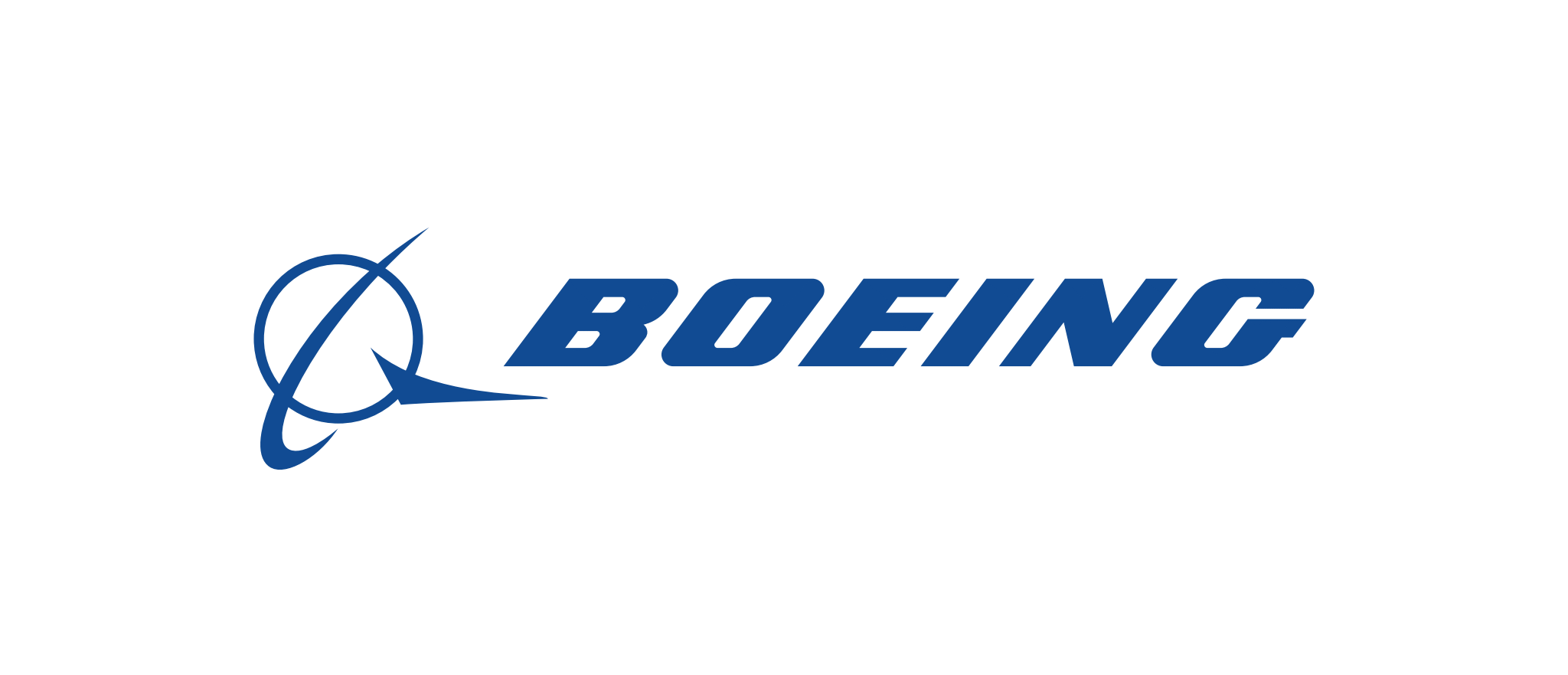Long before the COVID-19 pandemic forced employers to reimagine the centralised workplace model, Boeing Australia seized an opportunity to establish a capability hub in Adelaide to support its growing defence business.
When the Commonwealth of Australia announced the acquisition of the Boeing-built P-8A Poseidon maritime patrol aircraft to be based at RAAF Edinburgh, Boeing took the opportunity to establish operations in South Australia.
In a bold and forward-thinking move, the company did not limit its footprint to solely supporting the P-8A program. Instead, it capitalised on South Australia’s growing credential as the ‘defence state’ to establish an Adelaide CBD office to tap into the highly-skilled local workforce to support its defence programs nationally.
“Boeing Defence Australia works on some of the most challenging and complex defence and aerospace programs in the country,” said Scott Carpendale, Boeing Defence Australia vice president and managing director.
“As our business grew, so too did the need for a nationally-dispersed, multi-disciplinary workforce. We had to look beyond the traditional centralised-headquarters business model.
“Adelaide provides proximity to nationally-significant defence projects which are boosted by the state government’s investment in defence industry and innovation, as well as access to a highly qualified and skilled talent pool,” Carpendale said.
Programs supported by the 210+ strong Adelaide team, and complemented by the team of 140+ at RAAF Base Edinburgh, include the Royal Australian Air Force’s E-7A Wedgetail aircraft, P-8A Poseidon and Wakulda Air Battlespace Management System. These teams are backed by Boeing Defence’s broader Australian team.
Adelaide has also become a strategically important centre for advancing relationships with research and academic organisations to fuel the future of aerospace technology and careers.
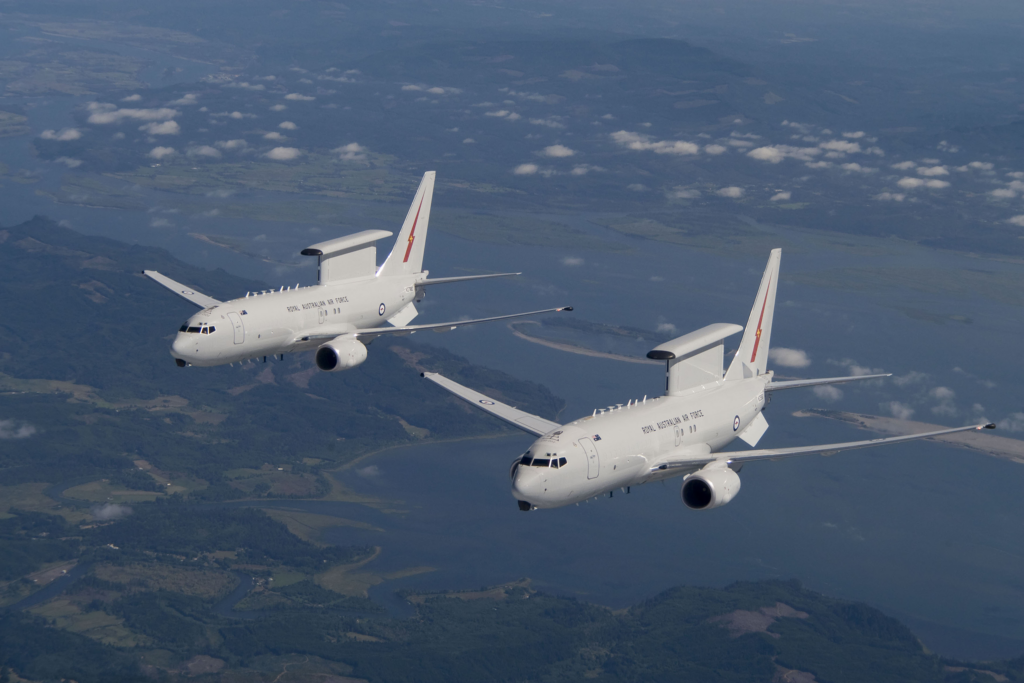
Supporting the Australian Defence Force
P-8A Poseidon
The flagship program for Boeing in South Australia is the P-8A Poseidon. The P-8A maritime aircraft provides surveillance and reconnaissance, long-range anti-submarine warfare, and search and rescue capabilities.
The RAAF currently operates a fleet of 12 Boeing-built P-8A aircraft. Since its introduction into service in 2016, Boeing has provided engineering, supply chain, testing, training, maintenance, cyber security and mission support from its RAAF Edinburgh and Adelaide operations.
The team is also investigating innovative approaches that use fleet planning data analytics to further enhance fleet readiness of this vital patrol aircraft.
E-7A Wedgetail
An example of how the Adelaide team has driven new ways of supporting Boeing’s Australian Defence Force customer is its work on the world leading E-7A ‘Wedgetail’ Airborne Early Warning and Control aircraft.
The E-7A Wedgetail is a powerful surveillance, communications and battle management aircraft. Its state-of-the-art radar system enables operators onboard to direct fighter aircraft, as well as land and sea combatants, in addition to supporting refuelling tankers and other intelligence aircraft.
Described by the Royal Australian Air Force (RAAF) as a force-multiplier, the Wedgetail played a critical role in US-led air operations in the Middle East, regularly commanding and controlling more than 80 allied aircraft in any single mission.
Despite the aircraft being physically based at RAAF Williamtown in New South Wales, maintenance work undertaken at RAAF Amberley in Queensland, and upgrade and development works primarily undertaken in Brisbane, Boeing’s Adelaide team play a vital role in supporting the platform. They are part of an 840+ team of engineering and technical professionals who design, develop and implement systems and software for the platform across Australia – 66 are based in Adelaide*.
Wakulda Air Battlespace Management System
A small, dedicated team in Adelaide also supports the Wakulda system – a core component of the RAAF air battlespace management network.
Responsible for generating Defence’s ‘Recognised Air Picture’, Wakulda receives and interprets data from over 250 defence and civil radars and sensors into one consolidated view. This picture is used to monitor, defend and protect Australia’s airspace and maritime environments.
Support for this vital system is delivered through a long-term partnership with Daronmont Technologies, an Adelaide-based small-to-medium company. Over the last 20 years, engineers from Boeing and Daronmont have collaborated on a range of complex upgrades to Wakulda’s mission system.
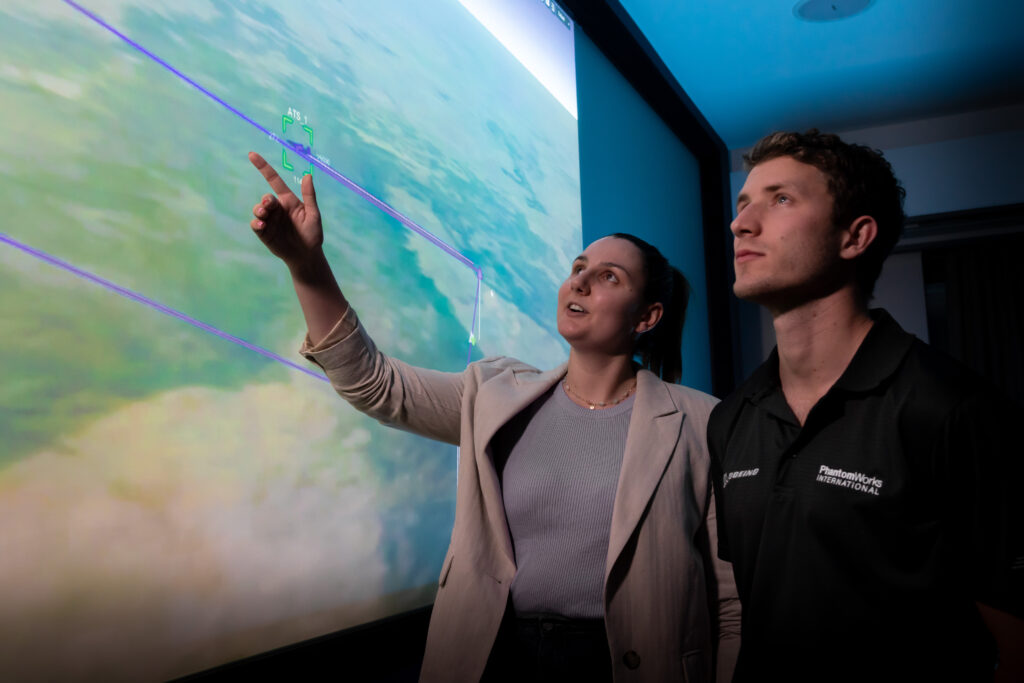
Solving some of Defence’s toughest technical challenges
In addition to meeting its program commitments to the Australian Defence Force, Boeing is partnering in Adelaide to fuel aerospace research and careers.
The company has nurtured relationships with universities and research organisations, Defence SA and the state government, small-to-medium enterprises and the Department of Defence.
One significant project is Boeing’s collaboration with the University of Adelaide and University of New South Wales on the Defence Trailblazer Concept to Sovereign Capability (CSC) project. This project aims to fast-track research outputs into Australian-made defence products.
Boeing’s prototype development arm, Phantom Works Global’s CSC contribution aims to continue advancing autonomy, simulation and technical integration of defence systems.
“We have a long history of relationships with universities and research groups to further innovation and build local capability in the Australian defence sector,” said Emily Hughes, director of Phantom Works Global.
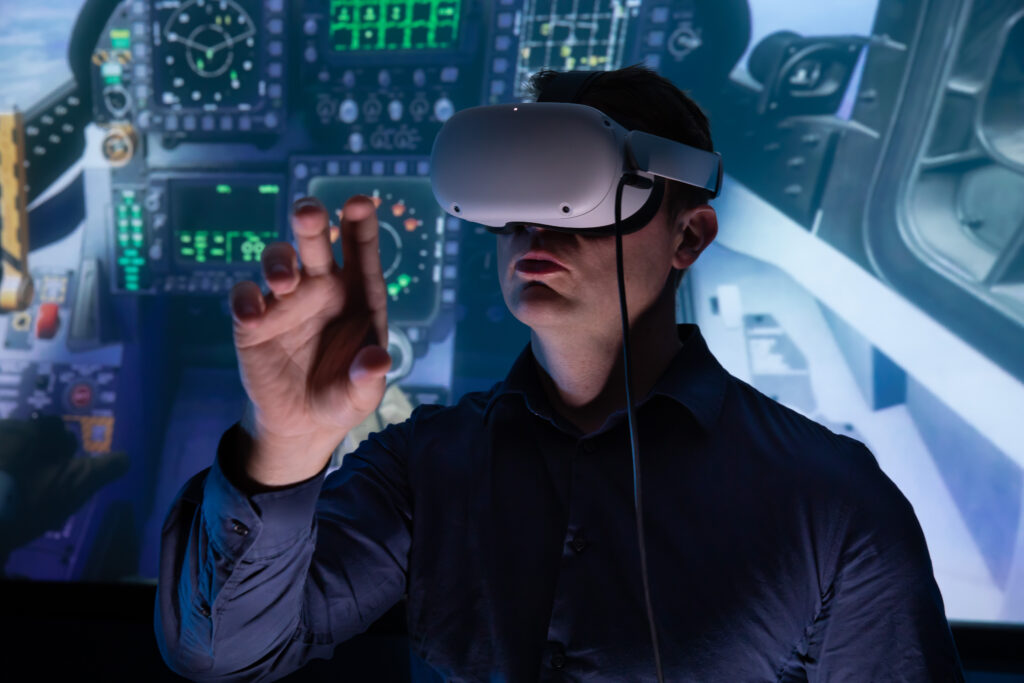
“This project enables us to continue to expand our partnerships across academia, small-to-medium enterprises and defence industry to translate research findings into meaningful products that have a greater likelihood of making it into physical production lines right here in Australia,” Hughes said.
As part of the CSC project Boeing is prioritising robotics, autonomous systems and artificial intelligence research, with a particular focus on undersea autonomy.
As well as productising research, Boeing’s Adelaide partnerships are building local defence industry skills.
Again, with the University of Adelaide, Boeing has also been consulting to jointly develop the first Australian-focused Configuration Management (CM) curriculum.
“In the past, CM professionals have relied on training provided by U.S. and European training suppliers, so this course is an exciting step forward for Australian industry,” Carpendale said.
“Boeing is also working closely with the University to develop our approaches to digital engineering and human engineering.”
Other projects include sponsoring PhD research, working with the Australian Institute for Machine Learning to explore how artificial intelligence and machine learning can reduce some of Defence’s tactical data mining burden, and collaborating with the Defence Science and Technology Group on research in autonomy, operational analysis, logistics and supply chain, and aerospace.
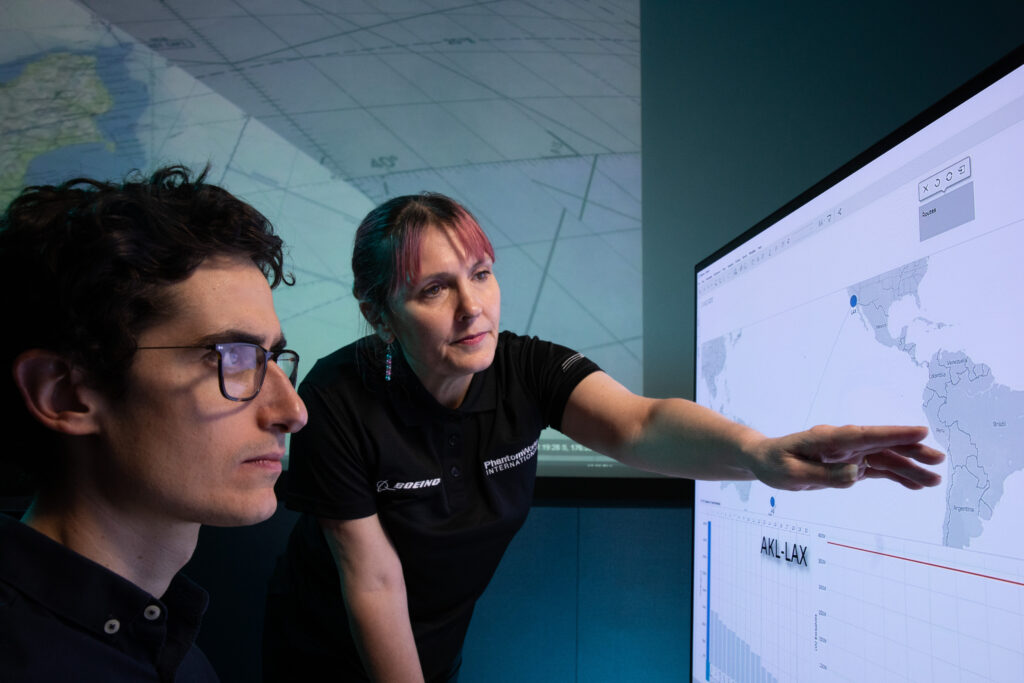
Building the future
Boeing’s rapid expansion in South Australia – from three people in 2015 to more than 350 in just seven years – is testament to the company’s enduring commitment to the state and is an exemplar of how innovative de-centralised business models can multiply opportunities.
“We’ve tapped into a highly talented workforce in Adelaide who are helping us to solve global problems,” Carpendale said.
As the Adelaide office continues to expand, Boeing will continue to create opportunities in the defence and research sector in South Australia to enhance Defence capability nationally.
*figures as at January 2023 and anticipated to grow


